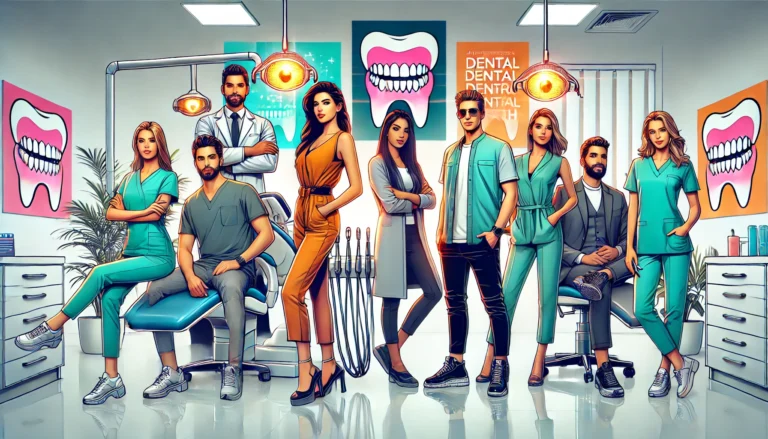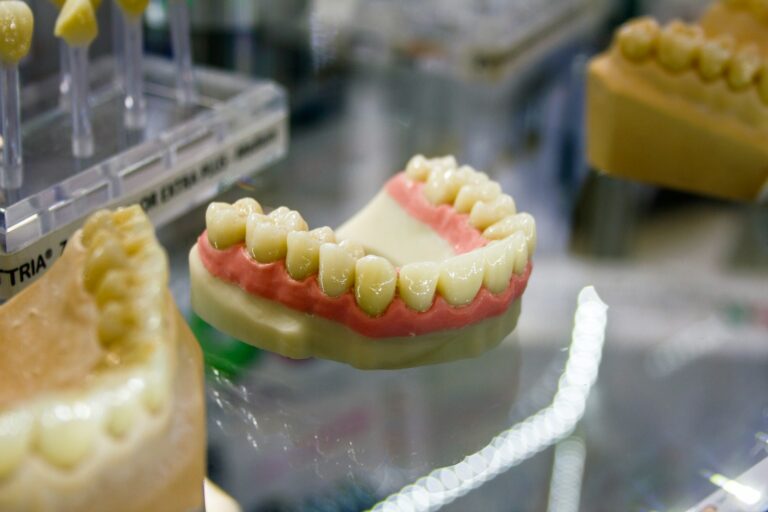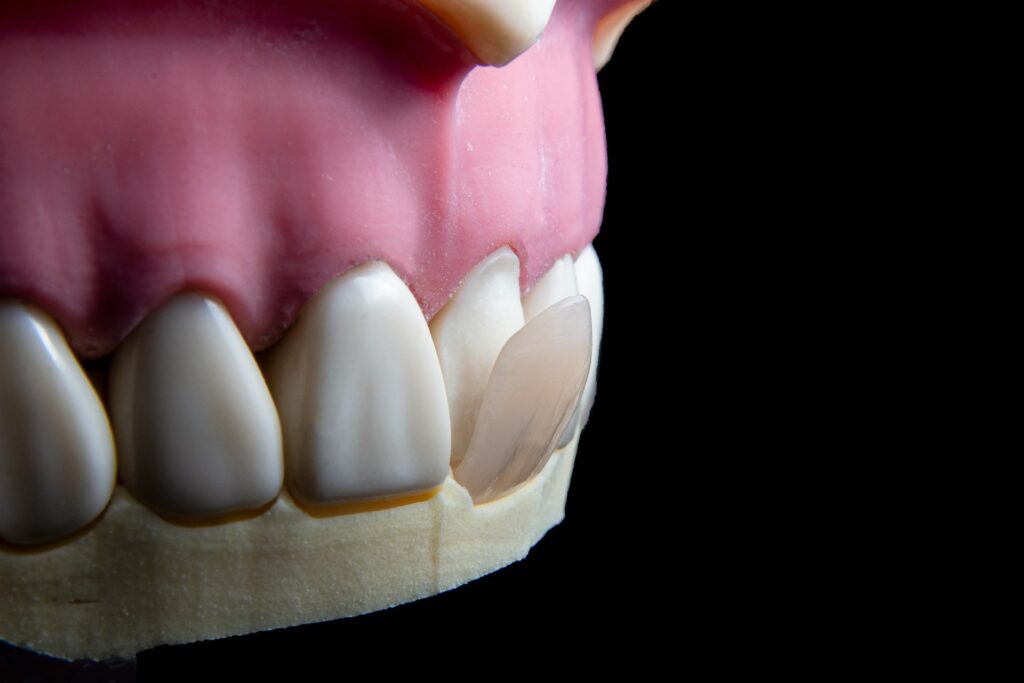
Are you thinking about improving your smile with veneers? This guide provides comprehensive information about veneers, including their definition, placement techniques, and the different types available, such as porcelain and composite options. It also addresses the typical lifespan of veneers, how long do veneers last, and the signs that may suggest it’s time for a replacement. Additionally, you will find practical tips for extending the longevity of your veneers. Prepare to uncover the secrets to achieving a radiant smile!
Imagine slipping on a perfectly tailored designer suit that not only makes you look fabulous but also withstands the test of time. That’s essentially what dental veneers offer for your smile! These ultra-thin, custom-made shells are the secret weapon of Hollywood’s most dazzling grins, and they’re not just a fleeting fix.
Porcelain veneers, the crème de la crème of dental aesthetics, can grace your pearly whites for an impressive 10 to 15 years – that’s longer than most cars last! And with a little TLC, they might even stick around for two decades or more. It’s like investing in a timeless piece of art for your mouth. Of course, if you’re looking for a more budget-friendly option, composite veneers offer a shorter-term solution, lasting about 5 to 7 years – still plenty of time to rock that red carpet-worthy smile.
But here’s the kicker: the lifespan of your veneers isn’t just about the material. It’s a team effort between you and your chompers. Treat them right with diligent oral hygiene, regular dental check-ups, and maybe skip that habit of crunching ice cubes, and your veneers will reward you with years of show-stopping smiles.
After all, a great smile is always in fashion, and with veneers, you’re investing in a long-term trend that’s all about you!
What Are Veneers?

Veneers are thin, custom-made shells specifically designed to cover the front surface of teeth, enhancing their appearance. Usually crafted from porcelain or composite materials, veneers have become a popular choice in cosmetic dentistry due to their effectiveness in improving the aesthetic appeal of a smile.
They can address a range of dental issues, including tooth discolouration, gaps, and minor misalignments, making them an excellent option for restoring teeth. When contemplating a smile makeover, veneers offer a long-lasting solution that can significantly improve both dental health and patient satisfaction.
How Are Veneers Placed?
The placement of veneers consists of a series of precise dental procedures that begin with a comprehensive consultation to determine the most suitable treatment plan. This initial step involves taking dental impressions of the teeth to guarantee a perfect fit for the custom veneers.
Once the tooth enamel is appropriately prepared, a bonding agent is applied to securely attach the veneers, ensuring both durability and aesthetically pleasing results. After fitting the veneers, it is advisable to schedule a dental check-up to monitor the outcomes and ensure that the patient is satisfied with the results.
What Are the Different Types of Veneers?
When discussing veneers, it is essential to recognise that there are various types available, each presenting unique benefits and aesthetic outcomes. The two main options are porcelain veneers and composite veneers, each with distinct characteristics that cater to different patient needs and preferences.
Porcelain veneers are well-known for their durability and natural appearance, which makes them a preferred choice in aesthetic dentistry. Conversely, composite veneers tend to be more budget-friendly and can often be applied in fewer visits. This provides patients with greater flexibility regarding both veneer costs and treatment duration.
1. Porcelain Veneers
Porcelain veneers have become a popular choice in cosmetic dentistry, and it’s easy to see why. They offer remarkable durability along with a natural aesthetic appeal. These veneers are made from high-quality dental materials that closely resemble the look of natural tooth enamel, making them an excellent option for enhancing one’s smile.
Their longevity is a key factor in patient satisfaction, as they can last for many years when properly maintained through good oral care practices. This means that patients can enjoy long-lasting results from their smile makeovers.
Beyond their visual advantages, porcelain veneers provide an effective solution for a variety of dental imperfections, such as chips, stains, and gaps. One of the reasons they are so well-liked is the minimal upkeep they require; maintaining veneers is as simple as regular brushing and flossing, just like with natural teeth.
Many patients share testimonials that reflect not only the transformative effects of veneers on their smiles but also the boost in confidence they feel afterwards. Additionally, because porcelain veneers are stain-resistant, patients can indulge in their favourite foods and drinks without the fear of discolouration, further solidifying their status as a durable and advantageous choice in cosmetic dentistry.
2. Composite Veneers
Composite veneers present an excellent alternative to porcelain veneers, providing a more cost-effective solution for individuals seeking to enhance their smiles. These veneers are crafted from a resin material that can be directly applied to the teeth, allowing for a quick and efficient application during dental procedures.
Patients often appreciate the immediate results that come with fitting composite veneers, along with certain additional benefits. For instance, the application techniques tend to be less invasive, and adjustments after placement are generally easier to manage. However, it is essential to keep in mind the longevity and stain resistance that porcelain veneers typically offer.
When considering veneer costs, many individuals may discover that dental insurance can help offset some expenses, particularly if the treatment is classified as necessary for dental health. Ultimately, the decision between composite and porcelain veneers will depend on each person’s unique needs, aesthetic goals, and lifestyle preferences.
3. Lumineers
Lumineers represent a specific type of veneer designed for minimal preparation, which makes their application process less invasive than that of traditional veneers. These ultra-thin shells are made from patented materials that require little to no removal of tooth enamel, helping to preserve the natural tooth structure and reducing the risk of tooth sensitivity following the treatment.
For patients seeking a quick enhancement of their smile, Lumineers offer a unique solution without the extensive dental procedures typically associated with other types of veneers.
Plus their aesthetic improvements, Lumineers provide enhanced durability, which can contribute to a longer lifespan when properly maintained. Many patients express high levels of satisfaction with the natural look and feel of Lumineers, appreciating the balance achieved between beauty and comfort.
However, it is essential to acknowledge potential drawbacks, such as the possibility of decreased strength compared to traditional veneers, which may affect longevity. By understanding these factors related to veneer lifespan, individuals can make more informed decisions about their cosmetic dental options.
How Long Do Veneers Last?
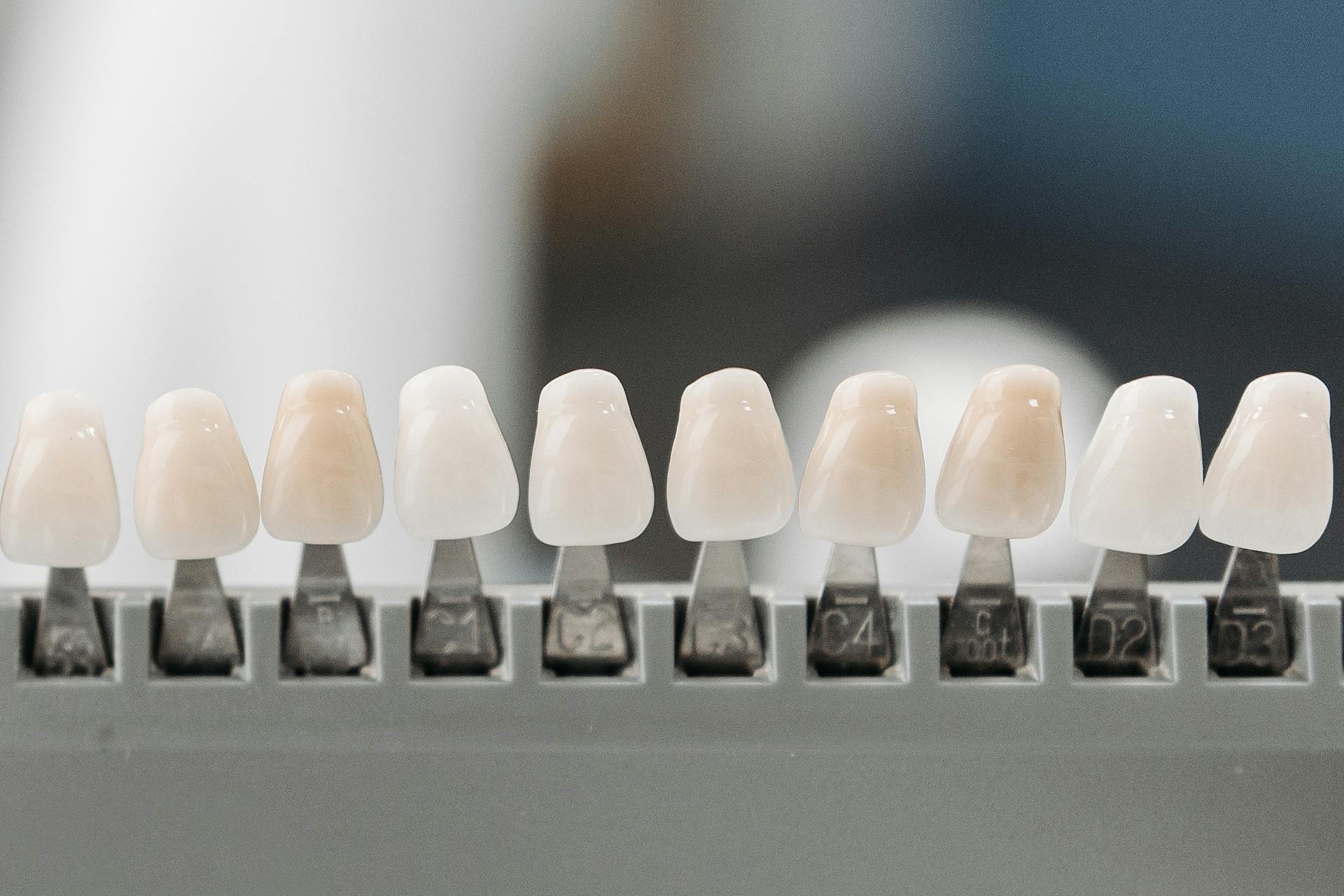
The lifespan of veneers can vary considerably due to several factors, such as the type of veneer, the materials used, and individual oral care habits.
Typically, porcelain veneers have a longer lifespan compared to composite veneers, primarily due to their superior durability and resistance to wear and discolouration.
By adhering to proper dental care practices—such as scheduling regular check-ups and maintaining a consistent oral hygiene routine—individuals can significantly prolong the lifespan of their veneers. This approach ultimately contributes to a successful and satisfying enhancement of one’s smile.
What Factors Affect the Longevity of Veneers?
Several factors significantly influence the longevity of veneers, affecting not only their durability but also their overall performance. Among these key factors are the type of material used, individual oral hygiene habits, bite alignment, and any pre-existing dental conditions that may impact the veneers’ stability.
Educating patients on proper maintenance and care can greatly enhance the lifespan of veneers, leading to more favourable outcomes and fewer complications over time.
The choice of material is particularly critical; for instance, porcelain veneers are renowned for their strength and resistance to staining, while other materials may not provide the same level of protection.
Consistent oral hygiene practices, including regular brushing and flossing, are essential for maintaining gum health, which supports the underlying structures of the veneers.
Bite alignment is another important consideration. Misalignment can result in uneven wear or damage to the veneers, making it vital to develop a comprehensive treatment plan to address these issues.
Additionally, periodic adjustments to the veneers may be necessary to ensure a comfortable fit and optimal function over time, ultimately contributing to their efficacy and longevity in restorative dentistry.
1. Material Used
The choice of material used in veneers plays a crucial role in determining their longevity and overall performance.
Advancements in dental technology have provided a variety of options for veneer comparisons, which can significantly impact a patient’s long-term satisfaction. While the initial cost of veneers may differ, many patients find that porcelain veneers are a more economical choice over time due to their remarkable resistance to daily wear, staining, and chipping.
This durability not only enhances aesthetics but also minimises the need for frequent dental visits for repairs or replacements.
On the other hand, individuals who choose composite veneers may encounter the need for more regular maintenance, which can affect both their time and financial commitment to dental care. By considering these factors, patients can select a veneer material that best aligns with their lifestyle and expectations.
2. Oral Habits
Oral habits are essential to the longevity of veneers, significantly influencing their durability and overall performance. Actions such as grinding teeth, biting down on hard objects, or neglecting oral hygiene can cause premature wear and potential failures in veneers.
By practising good oral hygiene and being mindful of one’s habits, individuals can greatly extend the lifespan of their veneers and improve overall dental health, ensuring the aesthetic appeal remains intact.
It is important to understand how these habits affect veneers if one wishes to maintain them in optimal condition. For example, individuals who frequently grind their teeth might consider discussing protective options with their dental care provider, such as a custom night guard, to prevent wear.
Additionally, refraining from using teeth as tools—such as opening packages or tearing food—can help avoid unnecessary stress on the veneers. Regular visits for veneer adjustments also play a vital role in maintaining oral health, as professionals can identify early signs of complications.
Taking a proactive approach to one’s oral habits can significantly impact the preservation of the investment made in veneers.
3. Oral Hygiene
Maintaining proper oral hygiene is crucial for the longevity and effectiveness of veneers. Regular brushing, flossing, and routine dental check-ups are important practices that can help prevent issues such as tooth decay and gum disease, which could compromise the integrity of veneers.
It is essential to educate patients about the significance of an effective oral care routine, as this not only supports the longevity of veneers but also promotes overall dental health.
Incorporating techniques such as using a soft-bristled toothbrush and a non-abrasive toothpaste can further enhance this routine. Dental professionals often advise patients to engage in regular veneer assessments to identify any potential problems early on.
This proactive approach not only helps ensure that veneers remain in excellent condition but also encourages a greater commitment to oral hygiene practices among patients.
By actively participating in their dental care, individuals can maintain not only the aesthetic appeal of their veneers but also their overall oral wellbeing.
4. Bite Alignment
Bite alignment is a crucial factor that significantly impacts the longevity of veneers. When a patient’s bite is misaligned, it can create uneven pressure on the veneers, potentially leading to damage or premature wear.
By properly assessing and adjusting bite alignment through dental procedures, dentists can help ensure that veneers remain intact and effective, ultimately contributing to their long-lasting results.
In the realm of restorative dentistry, it is essential to recognise the importance of a well-aligned bite in maintaining the durability of veneers. Ignoring bite issues can heighten the risks associated with veneers, such as chipping or loosening, which may require costly repairs or replacements.
Dentists may suggest treatments like occlusal adjustments or custom night guards to relieve pressure on the veneers. Additionally, utilising dental insurance effectively can help patients cover the costs related to these adjustments, ensuring that their investment in veneers is protected while promoting optimal oral health.
What Are the Signs That Veneers Need to Be Replaced?
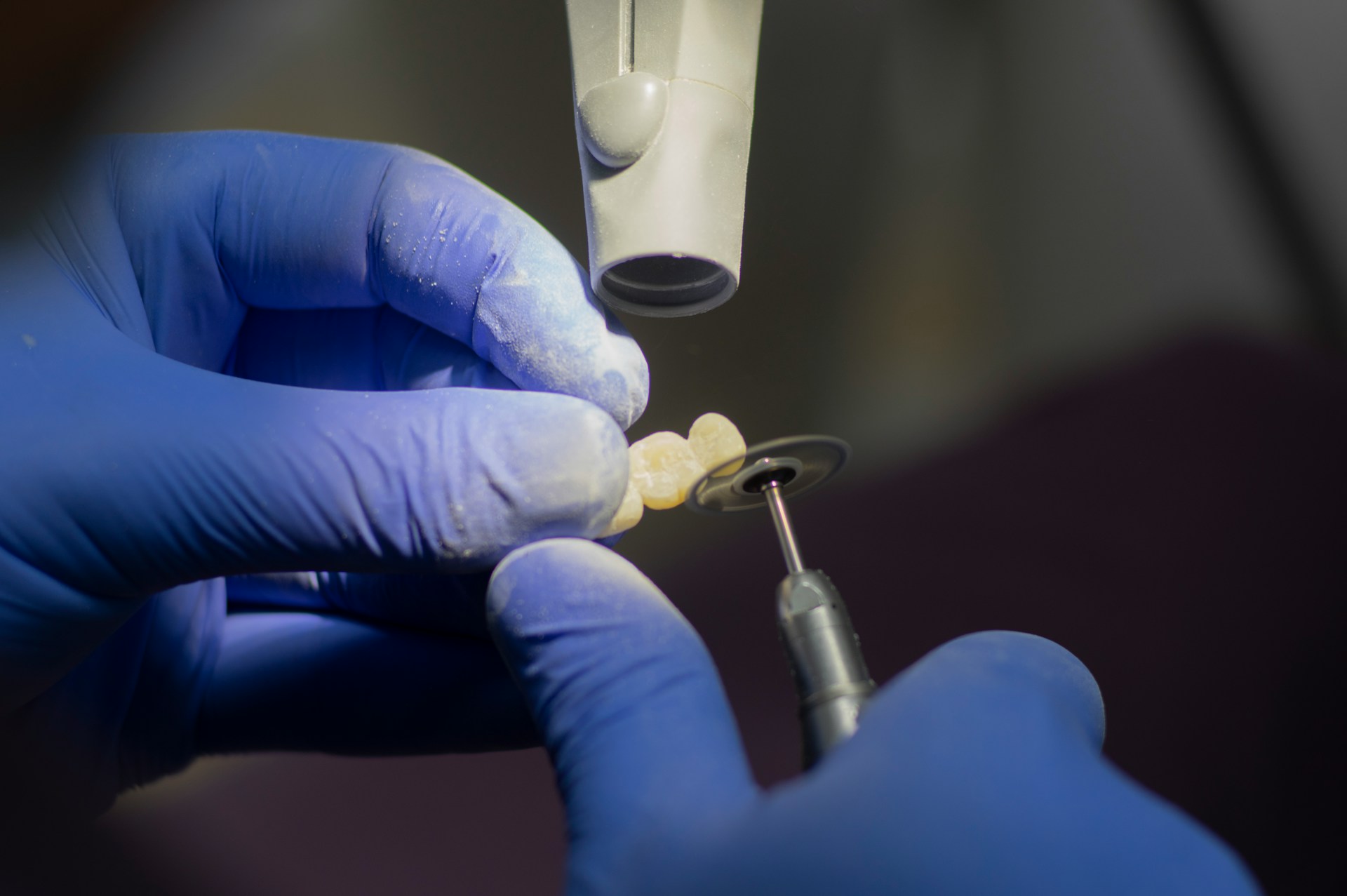
It is important to recognise the signs that indicate veneers may need replacement in order to maintain both optimal dental health and aesthetic appeal.
Common indicators include:
- Discolouration or staining
- Chipping or cracking
- General wear and tear that can affect the overall appearance of the veneers
Identifying these issues early allows patients to address any problems before they escalate into more significant complications, thereby ensuring effective dental care and satisfaction with their smile enhancement.
1. Discolouration or Staining
Discolouration or staining of veneers is one of the most apparent signs that they may require replacement. Various factors, including diet, smoking, and inadequate oral hygiene, can contribute to this issue, ultimately diminishing the aesthetic appeal of the veneers.
While veneers are generally resistant to staining, they may still exhibit signs of wear over time. This can lead patients to explore options such as teeth whitening or veneer replacement to restore their smiles.
Maintaining these cosmetic enhancements is essential for achieving long-lasting results and ensuring patient satisfaction. Regular dental care, including biannual check-ups and professional cleanings, plays a critical role in preventing discolouration.
Patients should also be conscious of their daily habits, such as limiting the intake of staining beverages like coffee or red wine and avoiding tobacco products altogether.
For those who experience staining despite their best efforts, options such as gentle whitening treatments specifically designed for veneers or consulting a dental professional about potential replacement can effectively rejuvenate their appearance.
Ultimately, proper maintenance of veneers contributes to a healthier smile and enhanced self-confidence.
2. Chipping or Cracking
Chipping or cracking of veneers can happen for several reasons, such as trauma, teeth grinding, or improper bite alignment. These issues not only affect the aesthetic appeal of the veneers but can also compromise their functionality, making it important to address them without delay.
Regular dental check-ups play a vital role in identifying potential problems early on, enabling timely adjustments or replacements of veneers to maintain both cosmetic appearance and dental health.
Plus physical trauma, habits like teeth grinding—often triggered by stress—can place undue pressure on veneers, leading to structural issues. Consuming hard foods or using teeth as tools can easily result in chips or cracks.
When these problems occur, the implications for dental health can be considerable, as damaged veneers may trap bacteria, increasing the risk of decay beneath them.
It is essential to seek evaluations from dental professionals to assess the condition of these cosmetic enhancements and determine the best strategies for maintaining overall oral health. Prompt intervention can prevent further complications, ensuring that both functionality and aesthetics are preserved.
3. Wear and Tear
Over time, veneers can experience wear and tear, which may present as rough edges, surface damage, or a loss of shine. This gradual decline can impact not only the appearance of the veneers but also their overall longevity.
It is important for patients to recognise the signs of wear and tear to ensure their veneers maintain both their aesthetic appeal and functionality, highlighting the significance of proper maintenance and care.
Several factors contribute to this deterioration, including everyday habits such as teeth grinding, an inconsistent oral care routine, and exposure to substances that cause staining.
Regular dental check-ups are essential for identifying potential issues before they develop into more significant problems, allowing for timely veneer adjustments when needed.
By prioritising their oral health and addressing concerns promptly, patients can effectively prolong the lifespan of their veneers, ensuring a bright and lasting smile.
How Can You Extend the Lifespan of Veneers?
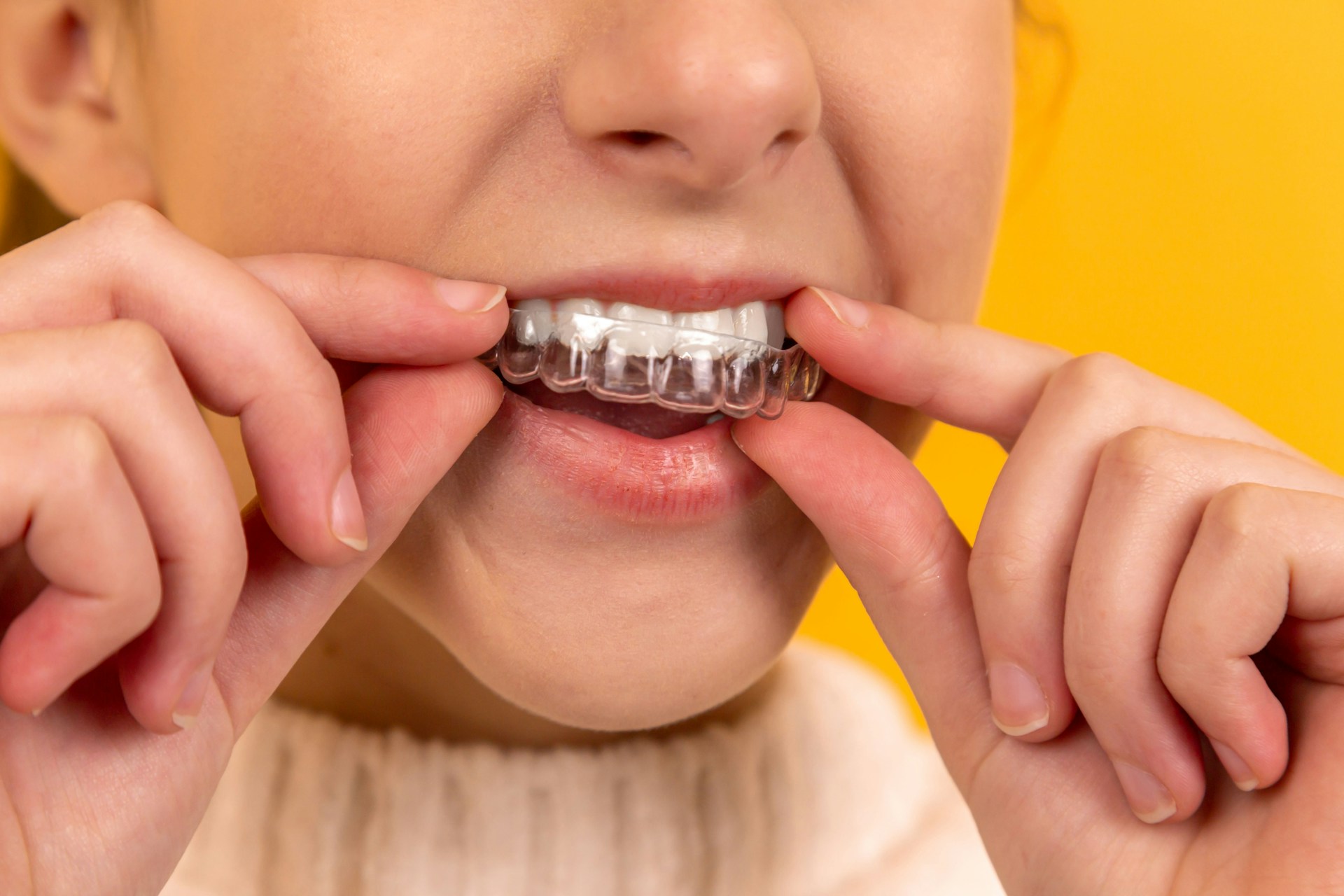
Extending the lifespan of veneers involves a dedicated approach to maintaining good oral hygiene and adhering to specific dental care practices.
Simple yet effective habits, such as regular brushing and flossing, play a significant role in protecting veneers from damage and discolouration.
Furthermore, scheduling routine dental check-ups enables your dental professional to closely monitor the condition of your veneers and make any necessary adjustments. This proactive care helps ensure that your smile remains bright and healthy for many years to come.
1. Practice Good Oral Hygiene
Practising good oral hygiene serves as the foundation for extending the lifespan of veneers. Regular brushing and flossing play a vital role in keeping your natural teeth healthy while also protecting your veneers from potential damage and staining.
It is essential to incorporate an effective oral care routine tailored to your specific needs, which includes scheduling regular dental check-ups for professional cleaning and evaluations to ensure your veneers remain in optimal condition.
For those with veneers, prioritising patient education from dental professionals is crucial, as they can provide valuable insights into proper care techniques. This includes the use of non-abrasive toothpaste and soft-bristled toothbrushes to avoid damaging the surfaces of the veneers.
During veneer assessments, specialists can monitor gum health and identify any areas requiring extra attention, ensuring that both the veneers and natural teeth coexist harmoniously.
Staying informed about the unique needs associated with veneers give the power tos individuals to maintain their beautiful smiles while promoting long-term oral health.
2. Avoid Bad Habits
Avoiding detrimental habits is essential for ensuring the longevity of veneers and preserving overall dental health. Actions such as grinding your teeth, chewing on hard objects, or using your teeth for tasks other than eating can lead to premature wear and damage. By being aware of these behaviours and making deliberate choices to protect your veneers, you can help ensure they remain intact and effective for many years.
It is also important to consider the impact of certain foods and beverages that can increase the risks associated with veneers. For example, highly acidic foods and drinks can erode the bonding materials used in veneer applications. Additionally, consuming excessive amounts of coffee or tea may result in staining, which can undermine the aesthetic appeal of your smile.
To maintain pristine veneers, dental professionals recommend the following:
- Adopting a balanced diet
- Using protective gear, such as mouthguards, if grinding is a concern
- Scheduling regular veneer evaluations with your dentist
Taking these proactive measures can help keep your dental enhancements looking their best.
3. Schedule Regular Dental Check-ups
Scheduling regular dental check-ups is essential for maintaining the health and appearance of veneers over time. During these visits, dental professionals can evaluate the condition of your veneers, provide professional cleanings, and address any concerns before they develop into more significant issues.
By actively participating in dental care, patients can prolong the lifespan of their veneers and ensure optimal oral health.
These appointments not only allow for thorough evaluations of the veneers but also present an opportunity for educating patients on effective care techniques. Understanding how to maintain veneers—such as which foods to avoid and the importance of routine brushing and flossing—is vital for achieving dental success.
Regular check-ups enable dentists to identify any underlying dental problems that could affect both the veneers and overall oral health. By prioritizing these appointments, patients can enjoy a beautiful smile while protecting their investment in veneers for many years to come.
4. Consider a Night Guard
Considering the use of a night guard is an important step in protecting your veneers, especially if you tend to grind your teeth or experience bruxism during sleep. A custom-fitted night guard can provide cushioning for your teeth, preventing excessive pressure on your veneers. This not only reduces the risk of damage but also extends their lifespan. By incorporating this protective measure into your dental care routine, you can effectively maintain your smile and the integrity of your veneers.
Moreover, a night guard does more than just safeguard veneers; it promotes overall oral health by minimising wear on dental materials and preventing misalignment caused by grinding. This proactive approach not only aids in the maintenance of your veneers but also supports the health of your surrounding teeth and gums, ensuring a comprehensive focus on dental well-being.
By adopting this straightforward yet impactful solution, individuals can avoid costly repairs or replacements in the future, leading to a more confident smile and reducing the likelihood of dental anxiety. Ultimately, the decision to use a night guard can contribute to a healthier and more resilient dental future.
Frequently Asked Questions
1. How long do veneers last?
The longevity of veneers depends on various factors, such as the type of material used, oral hygiene habits, and regular dental check-ups. On average, porcelain veneers can last for 10-15 years, while composite resin veneers have a lifespan of 5-7 years.
2. What affects the longevity of veneers?
Oral hygiene is a crucial factor in determining the lifespan of veneers. Poor oral hygiene, such as not brushing and flossing regularly, can lead to plaque and bacteria build-up, causing the veneers to deteriorate faster. Additionally, lifestyle habits, such as smoking and consuming stain-causing foods, can also affect the appearance and durability of veneers.
3. Do veneers need to be replaced?
Yes, veneers will eventually need to be replaced at some point in time. As with any dental restoration, they are not permanent and may need to be replaced due to wear and tear, discoloration, or damage. However, with proper care and maintenance, veneers can last for many years before needing to be replaced.
4. Can veneers last a lifetime?
While veneers are not considered a permanent solution, with proper care, they can last for a significant amount of time. However, it is essential to remember that veneers are susceptible to the same wear and tear as natural teeth and will eventually need to be replaced.
5. How can I prolong the lifespan of my veneers?
To extend the longevity of your veneers, it is crucial to maintain good oral hygiene habits, including brushing twice a day and flossing daily. Avoiding habits like grinding or clenching your teeth, and consuming stain-causing foods and drinks, can also help prolong the lifespan of your veneers.
6. Will insurance cover the cost of replacing veneers?
Most dental insurance plans do not cover the cost of cosmetic procedures, including veneer replacements. However, if your veneers need to be replaced due to a functional issue or damage caused by an accident, your insurance may cover the cost. It is best to check with your insurance provider beforehand to understand your coverage.



